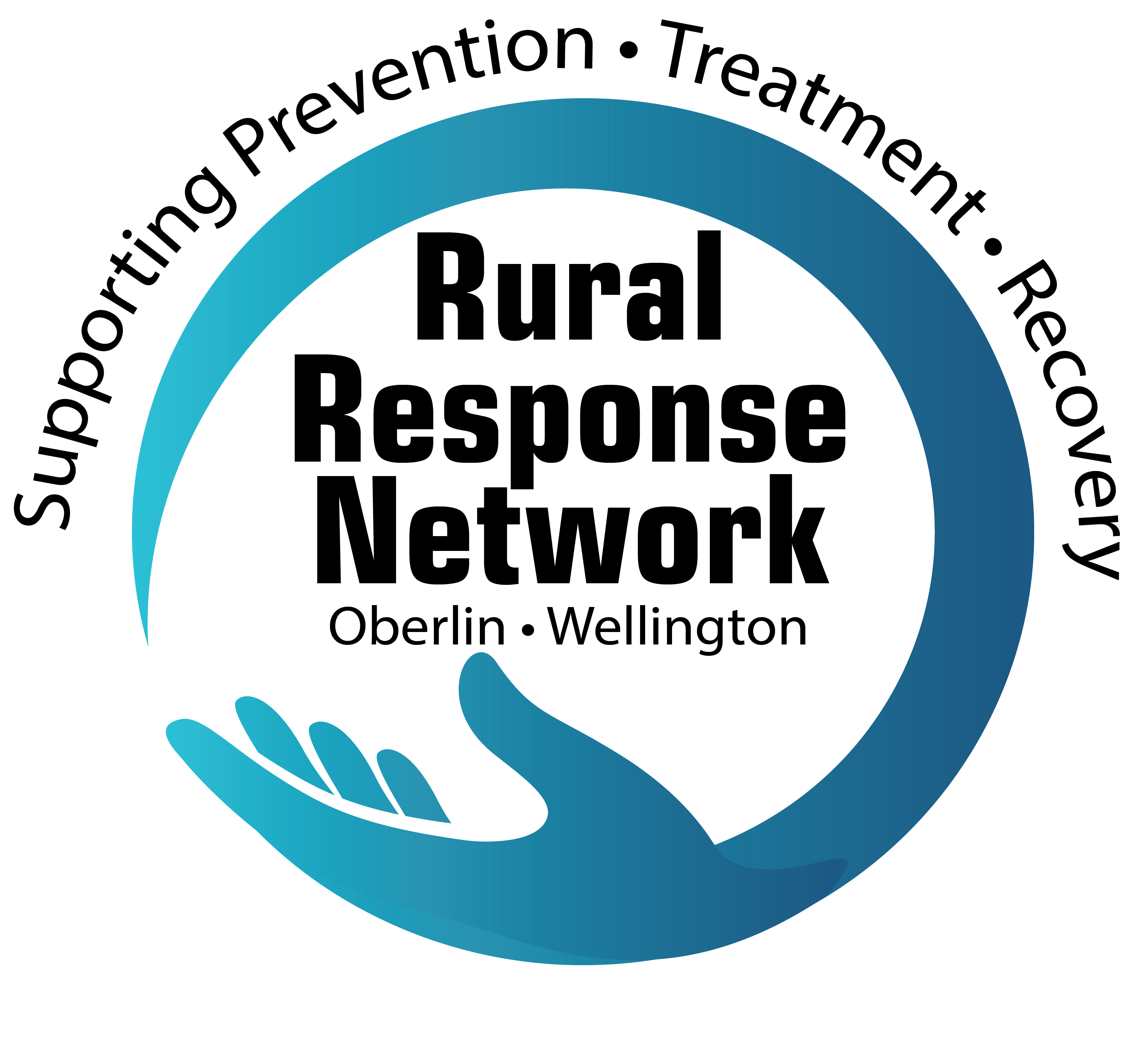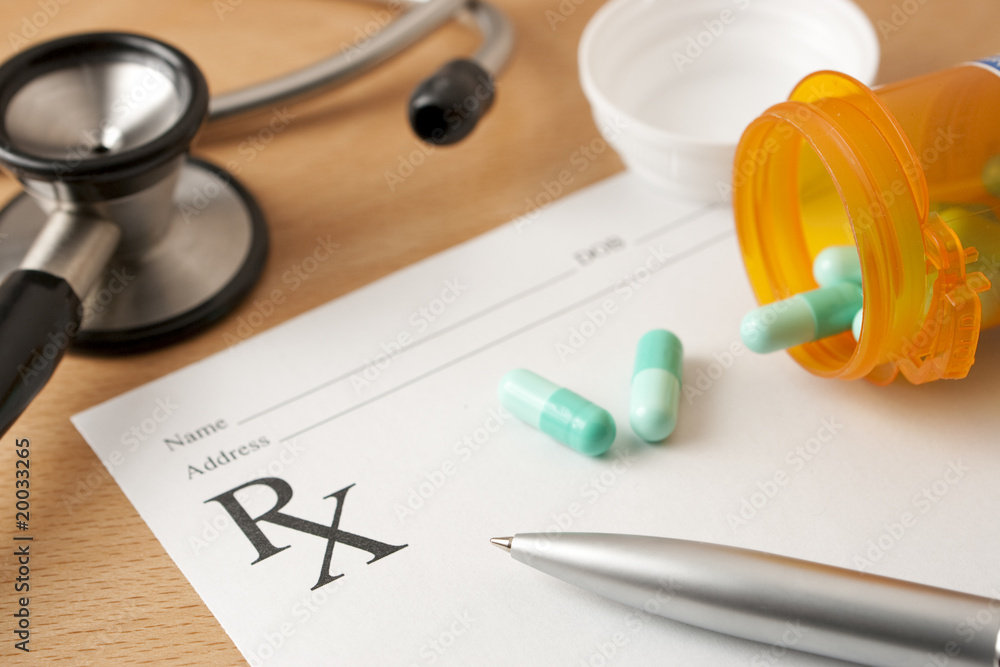
Rx Medication Safety

Rural Response Network
THE MAJORITY OF YOUTH GET ACCESS TO PAIN MEDICINE FROM FAMILY OR FRIEND’S MEDICINE CABINETS
- Do you have a prescription for Narcotics or Opioids which include pain medication such as Percocet, Vicodin or OxyContin?
- Or for other prescriptions that are commonly abused like stimulants such as Adderall or Ritalin, benzodiazepines such as Xanax and Ativan, or sedatives such as Valium?
MANAGE FAMILY PRESCRIPTIONS
Storage – SECURE IT
Disposal – REMOVE IT
What is Medication Misuse?
- Taking a medication in a manner or dose other than prescribed
- Taking someone else’s prescription, even if for a legitimate medical complaint such as pain
- Taking a medication to get high
The term nonmedical use of prescription drugs also refers to these categories of misuse. The three classes of medication most commonly misused are:
- Opioids—usually prescribed to treat pain
- Central nervous system [CNS] depressants (this category includes tranquilizers, sedatives, and hypnotics)—used to treat anxiety and sleep disorders
- Stimulants—most often prescribed to treat attention-deficit hyperactivity disorder (ADHD)
Used as prescribed and directed, medicine improves lives. When misused, however, the consequences can be devastating. If not used as intended, it is particularly dangerous for those medicines that can affect the brain in ways similar to substances like alcohol, cocaine or heroin. In fact, it can lead to addiction.
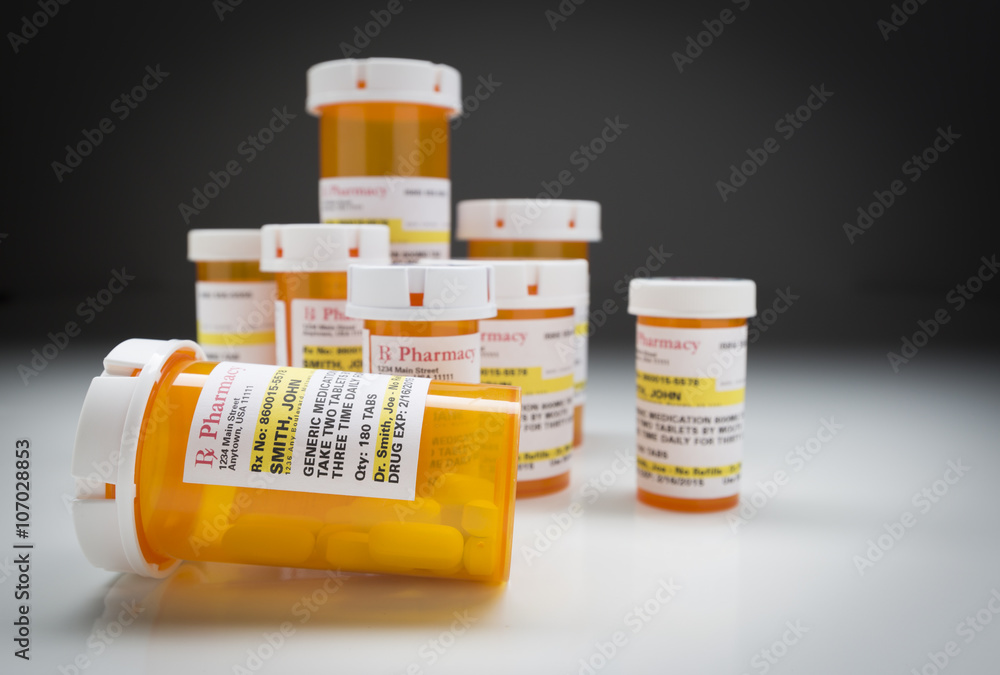
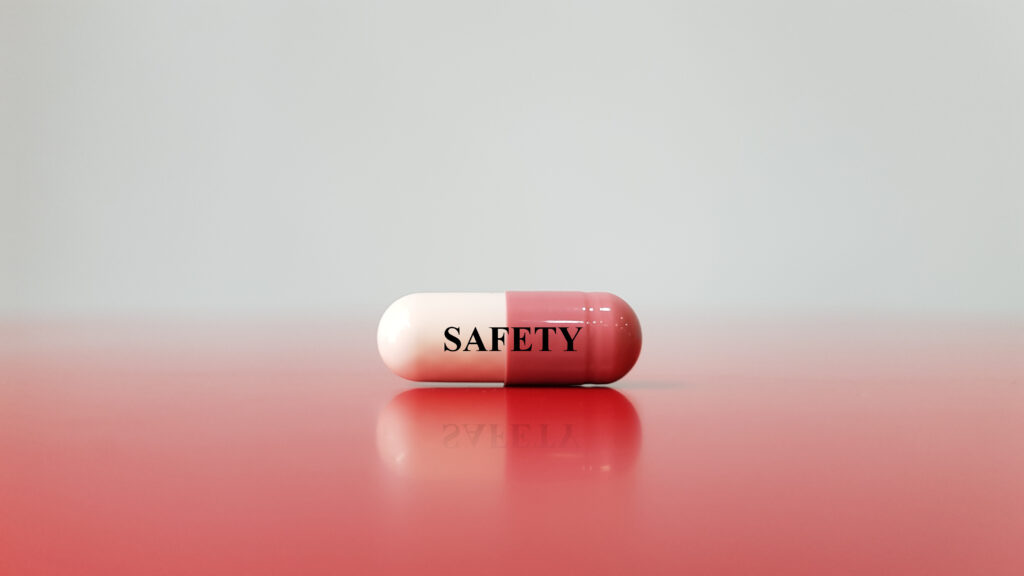
Medication Safety
Patients can take steps to ensure that they use prescription medications
appropriately by:
- Following the directions as explained on the label or by the pharmacist
- Being aware of potential interactions with other drugs as well as alcohol
- Never stopping or changing a dosing regimen without first discussing it with the doctor
- Never using another person’s prescription and never giving their prescription medications to others
- always inform their health care professionals about all the prescriptions, over-the-counter medicines, and dietary and herbal supplements they are taking before they obtain any other medications.
Other Things to consider:
- How and where you keep your medication can make a big difference when it comes to medication safety. Every year, two million people end up in the hospital due to drug- related injuries. This might include medication errors, adverse drug reactions, allergic reactions, or overdoses.
- Check to see if any of your prescription medicines are expired, since taking expired
medication may no longer be safe or effective. Make sure your prescription medicine is stored in the original packaging with the safety lock tightened and secured. Timely disposal of prescription medicine can reduce the risk of others taking the medication accidentally or misusing the medication intentionally. - Keep your medicine in a place out of the reach of children and pets. Also, further secure any prescription narcotics like morphine, opioids, or codeine in a locked cabinet, drawer, or locking medication bag. Safe storage of these controlled medications is especially important, as they can be dangerous if taken when not prescribed.
REMEMBER:
Step 1: Monitor How aware are you of the prescription medications currently in your home? Would you know if some of your pills were missing?
Step 2: Secure Remove prescriptions from the medicine cabinet and secure them in a place only you know about. If possible, keep all medicine, both prescription and over-the-counter, in a safe place such as a locked cabinet/pouch.
Step 3: Dispose Safely disposing of expired or unused medicine is critical to helping protect your kids, family, home and environment. And it decreases the opportunity for visitors in your home, like your kids’ friends, to abuse medicine as well.
How can I safely store and dispose of medication?
The DEA hosts National Prescription Drug Take Back Days in April and October each year that aim to provide a safe, convenient, and responsible means of disposing of prescription drugs, while also educating the general public about the potential for abuse of medications. Oberlin and Wellington Police Departments, along with other Lorain County sites, participate in this effort each year.
The DEA also has permanent drop boxes in certain pharmacies, hospitals, and police departments. Oberlin and Wellington Police Departments both have drop boxes in the lobby. There is also a drop box in the pharmacy at Mercy Allen Hospital.
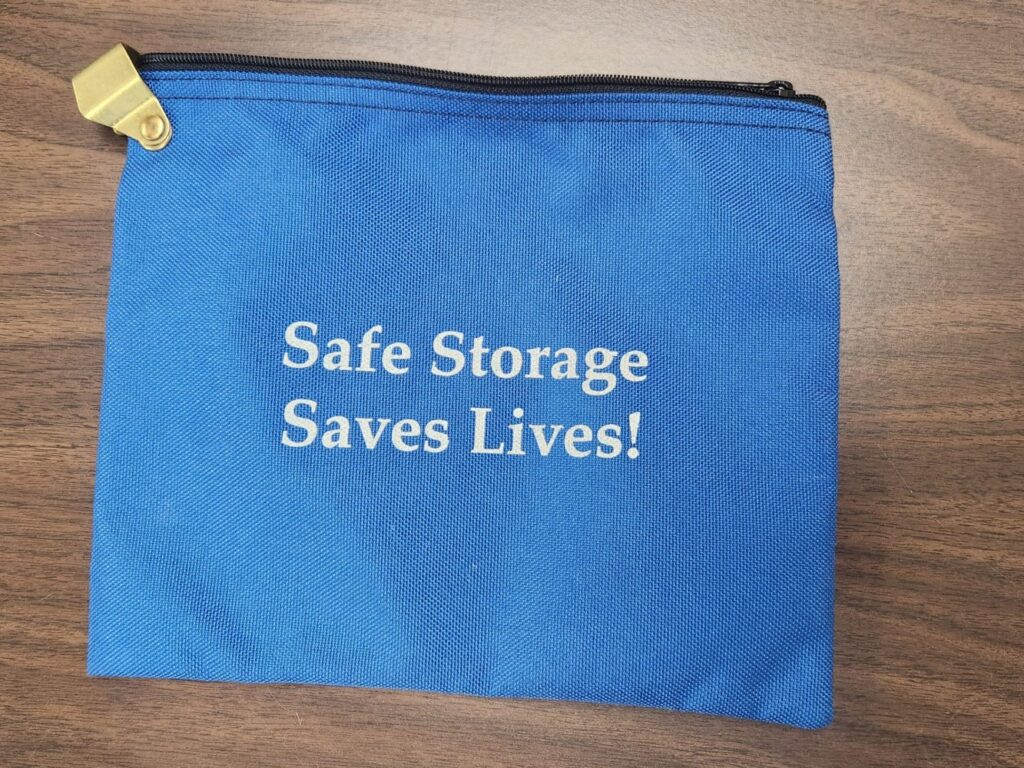
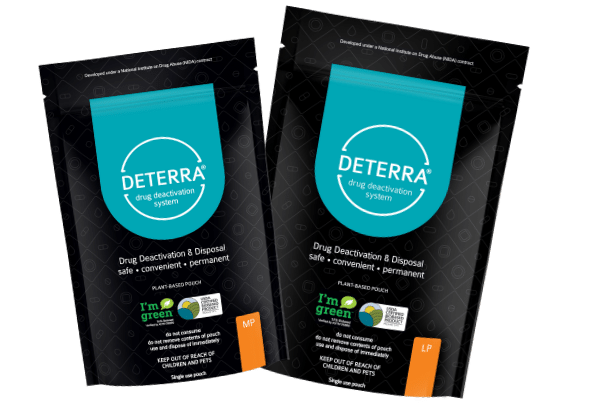
Medication disposal pouches and locking medication bags are available at no cost to community members.
The patented Deterra ® System deactivates prescription drugs, pills, patches, liquids, creams and films. Deterra renders them inert, unavailable for misuse and safe for the environment. In a simple 3-step process, a user deactivates the drugs by putting them in a Deterra pouch or container, adding water, shaking and throwing it away. It’s truly that simple.
The Rural Response Network provides free locking medication
bags to residents of Oberlin and Wellington. They can be obtained at the following locations:
Oberlin Community Services,
285 S Professor St, Oberlin, OH 44074 (P) 440-774-6579
Oberlin Business Partnership,
23 E College St, Oberlin OH 44074 (P) 440-774-6262
Salvation Army Oberlin Service Unit,
370 W Lincoln St, Oberlin, OH 44074 (P) 440-328-9060
Salvation Army Wellington Service Unit,
181 E Herrick Ave, Wellington, OH 44090 (P) 440-647-7600
Wellington Police Department,
117 Willard Memorial Sq, Wellington, OH 44090 (P) 440-647-2244
LINC/LCCC Wellington Center,
151 Commerce Dr., Wellington, OH 44090 (P) 440-647-1776
New Care Behavioral Health,
508 Dickson St #2, Wellington, OH 44090 (P) 440-828-0012
For other locations in Lorain County, call the Mental Health, Addiction and Recovery Services (MHARS) Board at 440-233-2020.
Sources and More Information:
Partnership to End Addictions
Misuse of Prescription Drugs Research Report
How Teens Misuse Prescription Drugs
Prescription Drug Abuse
Kid’s Medication Safety
Medication Safety for Older Adults
Prescription Safety
This resource is supported by the Health Resources and Services Administration (HRSA) of the U.S. Department of Health and Human Services (HHS) as part of an award totaling $1,000,000 with 0% financed with non-governmental sources. The contents are those of the author(s) and do not necessarily represent the official views of, nor an endorsement, by HRSA, HHS, or the U.S. Government. For more information, please visit HRSA.gov.

Are You Looking For Help or Information?
To learn more or get involved


